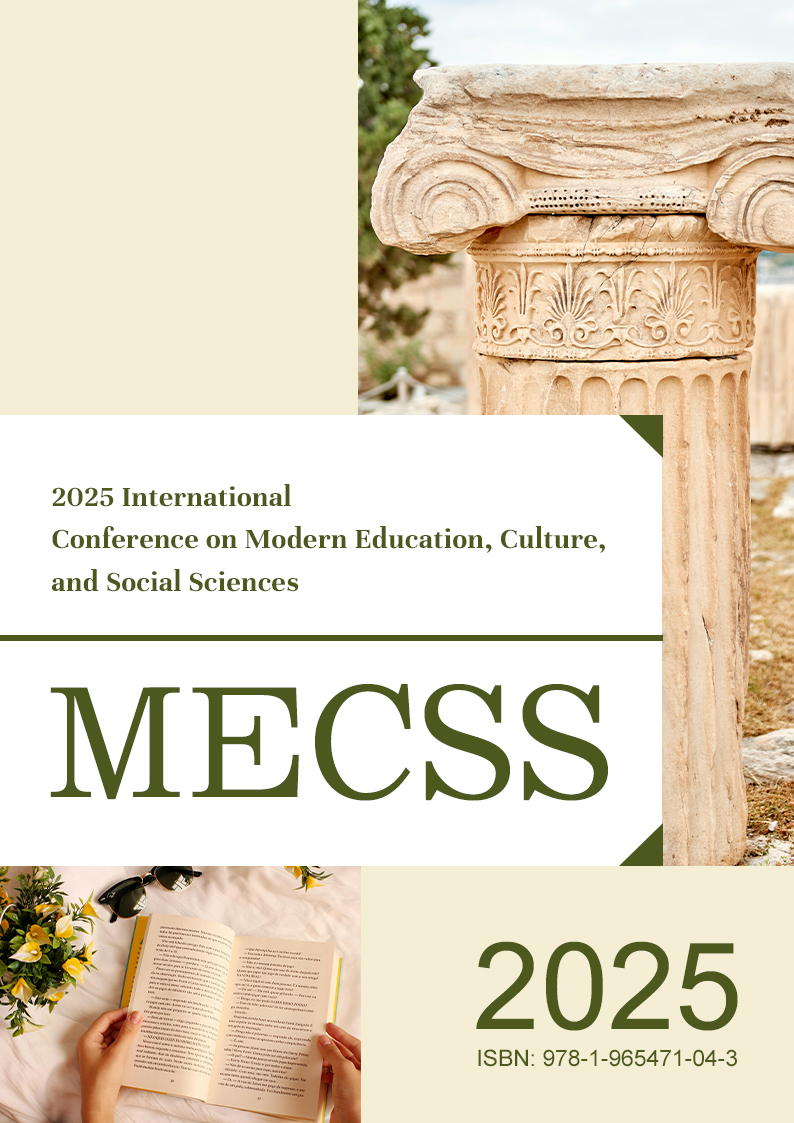Madman Narratives in East Asia: A Comparative Study of Lu Xun and Natsume Soseki Under Modernity Anxiety

Authors:
Boxuan Ding
Keywords:
Lu Xun; Natsume Soseki; Critique of Modernity; Madman Narrative; Comparative East Asian Literature
Doi:
10.70114/ahmer.2025.2.1.P107
Abstract
This study takes Lu Xun's 'Diary of a Madman' and Natsume Soseki's 'I am a Cat' as the target of the 'madman' narrative, and based on the context of modernity anxiety in East Asia, we use textual close reading and cross-cultural comparison to explore the differences in the paths of the critique of Western modernity between the two. The analysis reveals that in the face of the common dilemma of Western modernity in East Asia, there is a need for a more comprehensive analysis of Western modernity. The analysis reveals that in the face of the common dilemma of 'colonial modernity' in East Asia from the late 19th century to the early 20th century, Lu Xun The analysis reveals that in the face of the common dilemma of 'colonial modernity' in East Asia from the late 19th century to the early 20th century, Lu Xun focused on the deconstruction of Confucian ethical violence, while Soseki concentrate on the problem of alienation in civilisation transplantation, respectively constructing the dual perspectives Lu Xun focused on the deconstruction of Confucian ethical violence, while Soseki concentrate on the problem of alienation in civilization transplantation, respectively constructing the dual perspectives of 'cultural gene critique' and 'diagnosis of civilisation The critique of the two constitutes the basis for the conceptualization of civilization. The critique of the two constitutes a double mirror image of the dialogue on modernity in East Asia - Lu Xun reveals the violent nature of traditional culture's self-alienation, as well as the need for a 'cultural gene critique' and a 'diagnosis of civilisation pathology'. The critique of the two constitutes a double mirror image of the dialogue on modernity in East Asia - Lu Xun reveals the violent nature of traditional culture's self-alienation, and Soseki exposes the crisis of subjectivity caused by the transplantation of civilisation. Paradigm of 'influence-reception' and proposes the 'madman' narrative as a methodology, which not only provides a critical path for the late-developed countries to deal with the tension between tradition and modernity, but also contributes to the Eastern perspective to be alert to the cultural and economic impact of civilization. Eastern perspective to be alert to the cultural colonisation in globalisation


